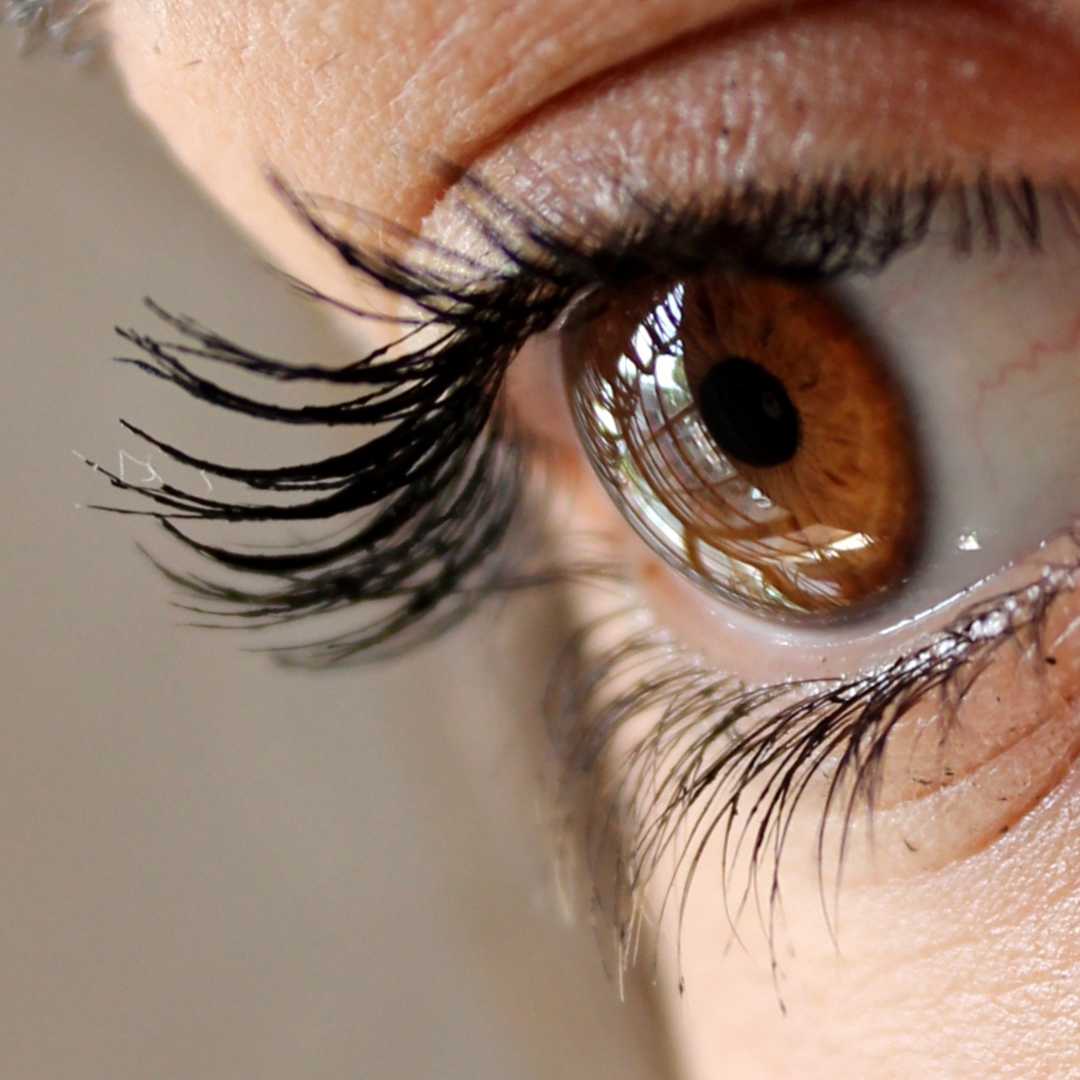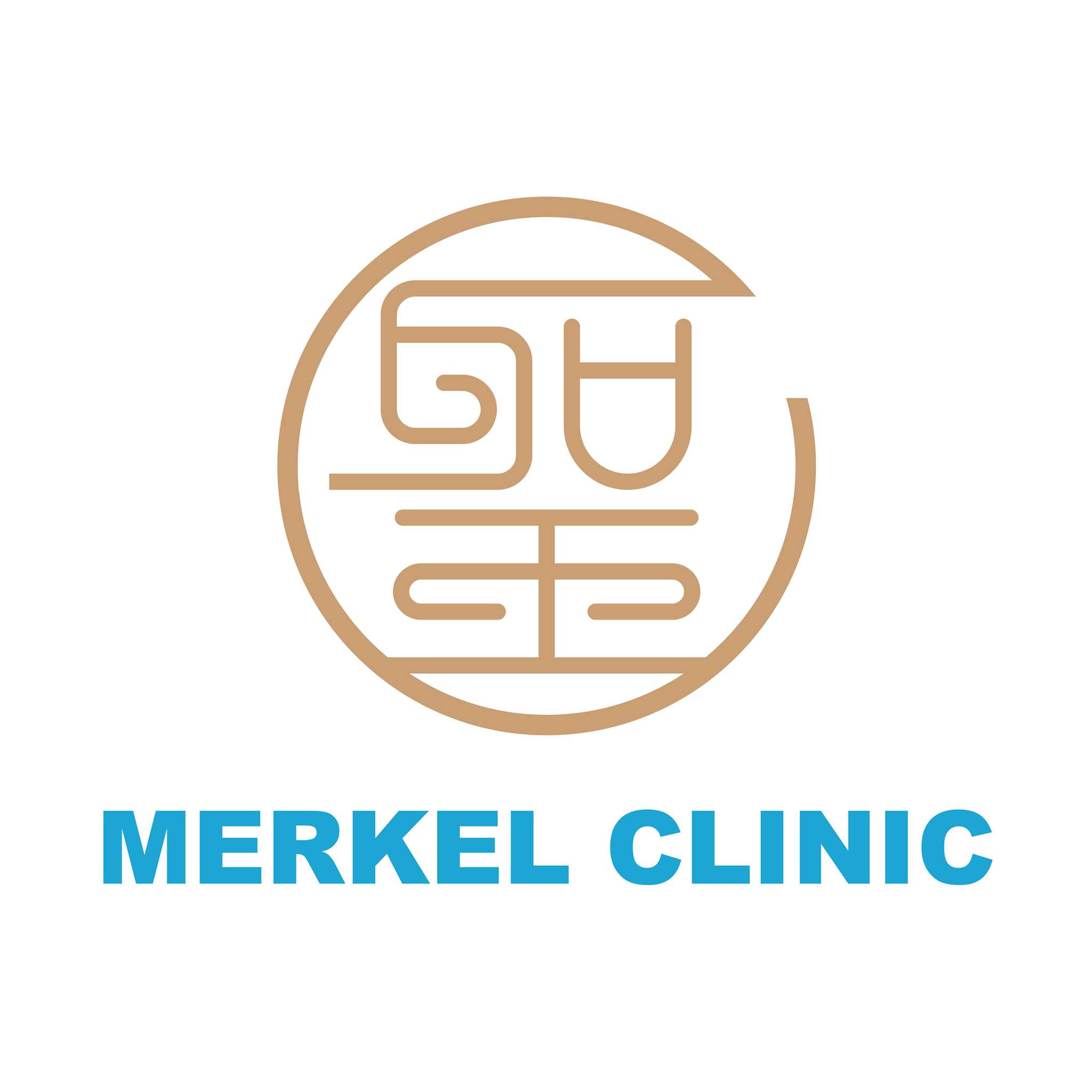
Navigating the complexities of diabetes management can be challenging, especially when seeking affordable and high-quality care abroad. This guide provides an in-depth comparison of diabetes treatment options, costs, and patient experiences in Malaysia and Indonesia, empowering you to make an informed decision for your health journey.
Southeast Asia's Leading Destinations for Diabetes Care: Malaysia or Indonesia?
For countless international patients living with diabetes, Southeast Asia has emerged as a beacon of hope, offering advanced medical treatments at a fraction of the cost found in Western countries. Within this vibrant region, Malaysia and Indonesia stand out as premier destinations for comprehensive diabetes care. Both nations boast modern healthcare infrastructures, highly trained endocrinologists, and a commitment to patient-centric services, making them attractive options for affordable diabetes treatment.
Malaysia, a well-established medical tourism hub, offers seamless processes, internationally accredited hospitals, and excellent English proficiency, particularly in cities like Kuala Lumpur and Penang. Patients seeking diabetes management in Malaysia often find a blend of efficiency and advanced technology.
Indonesia, with its rapidly developing healthcare sector, is gaining recognition for its advanced diabetes clinics and the renowned warmth of its patient care, especially in major metropolitan areas such as Jakarta and Bali. The choice between these two dynamic countries often hinges on individual priorities concerning travel convenience, cultural preferences, and specific treatment needs for effective diabetes management.
Diabetes Management: Malaysia vs. Indonesia at a Glance
Deep Dive into Diabetes Care: Core Strengths of Malaysia & Indonesia
Malaysia: Key Capabilities in Diabetes Management
Malaysia has meticulously cultivated a reputation as a leading destination for medical tourism, and diabetes care is a cornerstone of this success. The country's key strengths lie in its highly organized medical infrastructure, a substantial number of JCI-accredited hospitals, and a strong emphasis on English-speaking medical professionals. This ensures clear communication and a comfortable experience for international patients seeking diabetes treatment in Malaysia.
Leading Malaysian clinics offer a full spectrum of diabetes services, including comprehensive diagnostic screenings, advanced insulin therapies, continuous glucose monitoring (CGM), diabetic foot care, and ophthalmological screenings for diabetic retinopathy. Patients benefit from a well-regulated healthcare system, competitive pricing for diabetes medication and procedures, and the convenience of combining medical treatment with an enjoyable travel experience in vibrant cities like Kuala Lumpur or the serene beaches of Penang.
The country boasts numerous internationally trained endocrinologists and diabetes educators, ensuring that patients receive evidence-based and personalized treatment plans for both Type 1 and Type 2 diabetes management. Malaysia's commitment to quality is evident in its patient outcomes and the seamless coordination of care, from initial consultation to post-treatment follow-up.
Indonesia: Key Capabilities in Diabetes Care Excellence
Indonesia, with its vast population and growing economy, is rapidly enhancing its medical tourism offerings, particularly in specialized areas like diabetes care. The country's primary strengths include an increasing number of state-of-the-art hospitals, a focus on patient hospitality, and significantly lower treatment costs, positioning it as an attractive option for affordable diabetes treatment in Southeast Asia. Indonesian medical professionals, especially in major cities like Jakarta, Surabaya, and Bali, are increasingly receiving international training and adopting global best practices in endocrinology.
Patients can access a wide range of services for diabetes management in Indonesia, from basic screening and early detection programs to complex management of diabetic complications such as nephropathy and neuropathy. Many Indonesian clinics are investing in advanced technologies, offering cutting-edge diagnostic tools and a variety of treatment modalities tailored to individual patient needs. This includes access to newer diabetes medications, advanced wound care for diabetic foot ulcers, and increasingly, bariatric surgery options for suitable Type 2 diabetes patients.
Indonesia's strength also lies in its holistic approach to patient well-being, often integrating nutritional counseling and lifestyle modification programs into treatment plans. The warm and attentive nature of Indonesian healthcare providers often creates a highly supportive environment for patients on their diabetes journey.
Diabetes Treatment in Malaysia: Pros and Cons for International Patients
Pros of Diabetes Treatment in Malaysia
- Established Medical Tourism Hub: Malaysia has a long-standing reputation and infrastructure specifically designed for international patients, offering seamless services for diabetes care.
- High Standards of Care & Accreditation: Numerous hospitals are JCI (Joint Commission International) accredited, ensuring adherence to global benchmarks for quality and patient safety.
- Excellent English Proficiency: Communication is rarely an issue, as English is widely spoken by medical staff and throughout major cities.
- Competitive Pricing: Significantly more affordable than Western countries for comprehensive diabetes management, including medications and advanced therapies.
- Advanced Medical Technology: Access to state-of-the-art diagnostic equipment and modern treatment modalities for various diabetes complications.
- Diverse Specialist Pool: A large number of highly qualified, often internationally trained endocrinologists and diabetes educators.
- Easy Travel and Logistics: Well-connected international airports, efficient transportation, and a range of accommodation options make travel convenient.
Cons of Diabetes Treatment in Malaysia
- Slightly Higher Costs than Indonesia: While still very affordable, some specific treatments or medications might be marginally more expensive compared to Indonesia.
- Potential for Crowded Clinics: Due to its popularity, some leading clinics might experience higher patient volumes, potentially leading to longer waiting times for appointments.
- Cultural Differences: While generally welcoming, patients might experience subtle cultural nuances that differ from their home country.
- Focus on Efficiency: The patient experience, while professional, might be more focused on efficiency than the deeply personalized, slower-paced approach some patients might prefer.
Diabetes Treatment in Indonesia: Pros and Cons for International Patients
Pros of Diabetes Treatment in Indonesia
- Highly Competitive Pricing: Generally offers some of the most affordable diabetes treatment costs in Southeast Asia, maximizing savings.
- Growing Number of Modern Facilities: Rapid investment in healthcare infrastructure means more modern hospitals and clinics, especially in major cities.
- Renowned for Hospitality and Personalized Care: Indonesian healthcare providers are celebrated for their warmth, empathy, and patient-centric approach, fostering a comfortable treatment environment.
- Advanced Diabetes Programs: Increasingly offering comprehensive diabetes care, including advanced diagnostics and management of complications.
- Cultural Immersion Opportunities: Patients can combine their treatment with an enriching cultural experience in a diverse and welcoming country.
- Accessibility in Key Tourist Areas: Major medical facilities are often located in or near popular tourist destinations like Bali, offering a pleasant recovery environment.
Cons of Diabetes Treatment in Indonesia
- Language Barrier (outside major clinics): While top clinics have English-speaking staff, navigating outside medical facilities may require some basic Bahasa Indonesia or a translator.
- Less Established Medical Tourism Infrastructure: While rapidly expanding, the overall medical tourism infrastructure is still developing compared to Malaysia, which is more seasoned.
- Variable Quality of Facilities: The quality of care can be more varied outside of the internationally accredited hospitals in major cities, necessitating thorough research.
- Traffic and Urban Congestion: Cities like Jakarta can experience significant traffic, which might impact travel times to and from clinics.
What to Expect: The International Patient Experience in Malaysia & Indonesia
The journey for international patients seeking diabetes treatment in Southeast Asia is often characterized by a blend of efficient medical care and cultural immersion. Understanding the typical patient experience can help in making an informed choice.
Patient Experience in Malaysia
In Malaysia, the patient experience is typically streamlined and highly organized. You can expect a professional environment with clear communication, often facilitated by dedicated international patient liaisons. Appointments are generally punctual, and medical facilities are modern, clean, and well-equipped.
The emphasis is on efficiency and delivering high-quality care with minimal fuss. Many hospitals also offer comprehensive packages that include airport transfers, accommodation assistance, and interpreter services, making the entire process stress-free for those seeking diabetes management in Malaysia. Post-treatment, clinics are adept at providing detailed reports and coordinating remote follow-ups.
Patient Experience in Indonesia
Indonesia offers a uniquely warm and hospitable patient experience. While equally professional, the approach tends to be more personalized and empathetic. Patients often report feeling genuinely cared for, with medical staff taking extra time to explain procedures and address concerns.
The environment in major hospitals is modern and comfortable, often blending advanced technology with local architectural aesthetics. For diabetes treatment in Indonesia, you'll find a strong cultural emphasis on care and hospitality, which can be very reassuring during a medical journey.
Many clinics in popular destinations like Bali or Jakarta also cater to international patients with English-speaking staff and comfortable amenities, ensuring a supportive recovery environment.
Real Patient Journeys: Managing Diabetes Abroad
Anna Lee, Australia
"My yearly diabetes check-ups and medication refills in Kuala Lumpur, Malaysia, have been a game-changer. The specialists are top-notch, the facilities are world-class, and the cost savings are incredible. I feel completely confident in my diabetes management here."
John Smith, UK
"I underwent bariatric surgery in Jakarta, Indonesia, for my Type 2 diabetes. The care was exceptional, from the pre-op consultations to post-op recovery. The staff's kindness was truly memorable, and my diabetes is now in remission. A truly life-changing experience."
Maria K., Canada
"My family recommended Malaysia for my diabetic foot care and regular check-ups. The clinic in Penang was fantastic, very professional, and I appreciated the clear explanations in English. I also enjoyed the beautiful scenery during my recovery."
Robert W., USA
"Seeking advanced diabetes diagnostic tests and a new treatment plan in Bali, Indonesia, was an excellent decision. The cost was significantly lower than at home, and the care team was incredibly supportive. I returned home with a clear path forward for my health."
Frequently Asked Questions About Diabetes Treatment in Malaysia & Indonesia
Is diabetes treatment in Malaysia and Indonesia comparable to Western standards?
Yes, both Malaysia and Indonesia have reputable medical facilities, particularly in major cities, that offer high-quality diabetes care comparable to Western standards. Many hospitals are internationally accredited (like JCI) and employ specialists trained globally, utilizing advanced diagnostic and treatment technologies.
How much can I save on diabetes treatment in Malaysia or Indonesia?
Patients can typically save 30-70% on overall diabetes management and treatment costs compared to countries like the US, Canada, or Australia. This includes consultations, diagnostic tests, medications, and sometimes advanced therapies or surgeries related to diabetes complications.
What types of diabetes treatments are available?
Both countries offer comprehensive diabetes care, including diagnosis, medication management (oral hypoglycemics, various insulin therapies), lifestyle counseling, dietary planning, continuous glucose monitoring, diabetic foot care, eye screening for retinopathy, kidney function monitoring, and management of diabetes-related complications. Some centers also offer bariatric surgery for Type 2 diabetes remission or advanced therapies.
Do I need a special visa for medical treatment in these countries?
For short-term consultations or minor procedures, a standard tourist visa is often sufficient for many nationalities. However, for extended stays or complex treatments, both Malaysia and Indonesia offer medical visa options. It’s best to check with the respective embassy or consulate and your chosen clinic for specific requirements.
Will there be a language barrier during my treatment?
In Malaysia, English is widely spoken in medical facilities, especially those catering to international patients, making communication generally easy. In Indonesia, while Bahasa Indonesia is the national language, most major hospitals and clinics in cities like Jakarta and Bali will have English-speaking staff and translators available for international patients.
What is the typical duration of a diabetes treatment trip?
The duration varies significantly. A routine check-up and consultation might take a few days. If you require extensive diagnostic tests, medication titration, or treatment for complications, your stay could range from one to several weeks. Patients opting for bariatric surgery would require a longer stay for pre-op assessments, surgery, and post-op recovery.
How do I choose the best clinic for diabetes treatment?
Look for clinics and hospitals with international accreditations (like JCI), experienced endocrinologists, comprehensive diabetes care programs, positive patient testimonials, and transparent pricing. Consider factors like location, language support, and post-treatment follow-up options. PlacidWay can assist in vetting and connecting you with suitable providers.
What about ongoing diabetes management after I return home?
Reputable clinics will provide detailed medical reports, medication schedules, and lifestyle recommendations to share with your local doctor. Many also offer telemedicine consultations for follow-up, ensuring continuity of care even after you leave the country.
Are advanced diabetes treatments like bariatric surgery for Type 2 diabetes available?
Yes, certain specialized centers in both Malaysia and Indonesia offer bariatric surgery (such as gastric bypass or sleeve gastrectomy) as a treatment option for eligible Type 2 diabetes patients, particularly those with obesity where conventional management has been insufficient. These procedures can lead to significant improvements or even remission of Type 2 diabetes.
What is the patient experience like in Malaysia versus Indonesia for diabetes care?
In Malaysia, the experience often emphasizes efficiency, modern facilities, and English proficiency, especially in major medical tourism hubs. Indonesia offers a blend of advanced medical care with renowned hospitality, with a strong focus on patient comfort and comprehensive support, particularly in its growing medical tourism cities. Both aim for a holistic approach to patient well-centricity.
Ready to Take Control of Your Diabetes Journey?
Choosing the right destination for your diabetes treatment is a crucial step towards better health. While both Malaysia and Indonesia offer exceptional care and significant cost savings, your unique needs and preferences will guide your ultimate decision. At PlacidWay, we are dedicated to simplifying this process, connecting you with pre-vetted, world-class clinics for diabetes treatment in Malaysia, Indonesia, and across the globe.
Our expert Care Team is here to provide a free, no-obligation consultation. We'll help you compare personalized treatment packages, understand transparent pricing for diabetes management abroad, and answer all your specific questions. Let us handle the complexities of planning, so you can focus on your health and well-being.








.png)
.png)

.png)






Share this listing